The Ph.D. in Fish Processing Technology program aims to educate students in advanced information about their area of expertise. Besides research and original conclusions, students must also demonstrate application development skills and an ability to adapt existing ideas. These traits are essential for success in the program. To get started on your research, you need to find a good topic to write about. Below is a list of topics for this degree.
The Ph.D. program focuses on the integration of various processing technologies to produce light-processed seafood. The candidate will continue a project started as a Ph.D. student. The technologies studied include salting, soluble gas stabilization, liquid smoke, and dehydration. The candidate should have some knowledge of microbiology and food microbiology. Once they have found a topic, they can focus their studies on it.
This program is available at the University of California, Davis, and California State University. In addition to the general requirements for a Ph.D., the candidate must have a background in marine science. A doctorate degree will allow you to apply your scientific knowledge to a real-world problem. If you are passionate about seafood, this degree is the right choice for you. You'll be able to use your degree to make a difference in the industry.
Ph.D. in Fish Processing Technology Eligibility
Candidates who want to take admission in Ph.D. must have a post-graduate degree in Fish Processing Technology and its relevant discipline with at least 55% marks from a recognized university and must have passed the national level entrance examination or university level entrance examination. National level entrance exams like UGC NET / UGC CSIR NET / GATE / SLET or University entrance exams consist of written tests and personal interviews.
The Benefits of a Ph.D. in Fish Processing Technology
A Ph.D. in Fish Processing Technology is an excellent choice for anyone who wants to pursue an academic career in this growing industry. The field of food science and technology is booming. In fact, it's one of the fastest-growing fields in the country. Many people think that studying this field is too difficult. This isn't the case at all. In fact, you can pursue a Ph.D. in this field while still working in your current position!
A Doctorate in Fish Processing Technology can open up a wide variety of career opportunities in this industry. In addition to advancing your career, it will also give you an education in a field that's growing in importance. There are numerous opportunities for advancement in this field, making it a worthwhile investment for any individual. For example, you can work in fisheries for the next decade.
A Ph.D. in this field is beneficial for several reasons. The skills you'll learn will benefit your career in the seafood industry, as you'll gain the knowledge you need to solve problems. A Ph.D. in this field will help you stay on top of changing industry regulations. You'll learn more about fish processing techniques and technologies than you ever imagined, allowing you to become a world-class food scientist.
The Career and Job Opportunities for Ph.D. in Fish Processing Technology
Obtaining a Ph.D. in Fish Processing Technology will allow students to apply advanced knowledge of their field to solve problems that affect fisheries and aquaculture. Graduates of this program are expected to develop original research topics and conduct extensive research to prove their theories. They should also be able to develop application-oriented skills and be able to adapt known concepts to new situations.
Obtaining a Ph.D. in this field can lead to a variety of different career options. Those with postgraduate training are better prepared to enter the job market and contribute to the advancement of aquaculture technology. They are also more likely to gain the confidence of industry professionals. Those with this advanced training tend to be promoted into management positions or administrative positions. For example, they may be able to work in an environmental agency or in a nonprofit organization.
The Ph.D. program is comprised of three years of coursework, designed for those who wish to be involved in fisheries science development. This three-year degree provides candidates with the theoretical and empirical skills they need to make their way to management and industry roles. Applicants must have an undergraduate degree in science and be familiar with the basic principles of aquatic ecosystems. The Ph.D. in Fish Processing Technology program is one of the most popular postgraduate programs in the aquaculture industry.
The Future Scope of Ph.D. in Fish Processing Technology
The Ph.D. program in Fish Processing aims to provide students with advanced information about their field of study. The student must be original in their research and conclusions. The Ph.D. should also be able to apply the knowledge acquired and develop application-based methods. A research topic should be unique and relevant to the area. After earning the degree, the student can pursue further study and work.
A degree in fisheries science is an important step toward the future of aquaculture. There are numerous fields in the field of aquaculture that have been made possible by the development of new technologies. For instance, a Ph.D. in fisheries can be very helpful in the field of aquatic food science. In addition, many students may pursue a career in the fishing industry, where they can develop and apply their knowledge in a variety of settings.
While it is hard to predict the future of aquaculture, the field is growing and becoming more sophisticated. Advancements in machine vision, data analytics, and big data processing are transforming the way we manage fisheries. By studying the fisheries science of the future, you can prepare yourself for a successful career. With the help of this degree, you can help improve the efficiency of the fishery sector.
Ph.D. Research Program duration
The Ph.D. in Fish Processing Technology course is a minimum of 3 years and a maximum of 5 in duration. This depends on the university offering the course.
Fees for research program for Fish Processing Technology
The average fee for Ph.D. in Fish Processing Technology degree is between INR 50000 and INR 500000.
 5 Years
5 Years
 PhD
PhD
 Research
Research








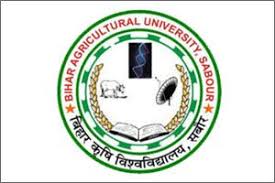
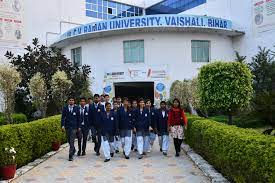
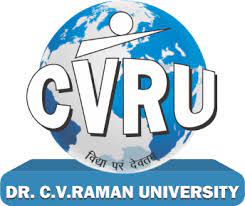

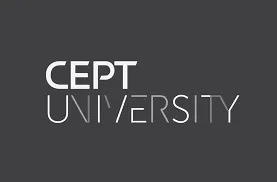
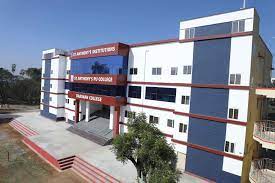



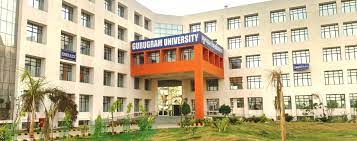
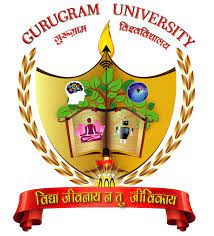
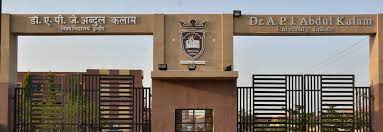
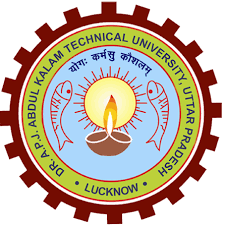
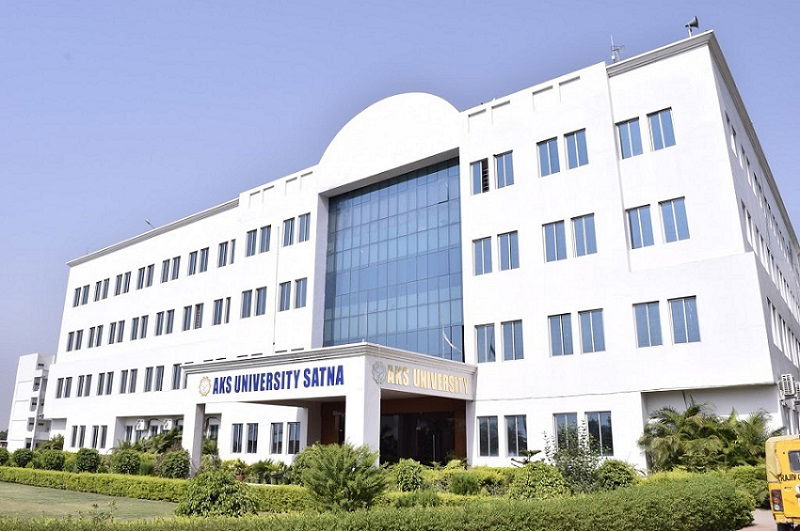
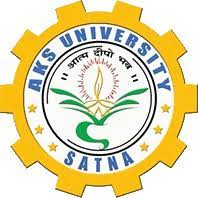
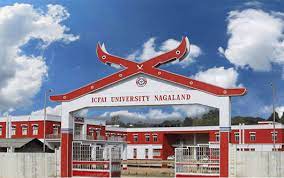
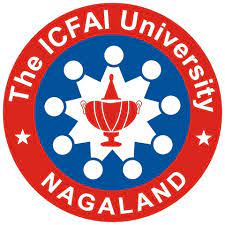
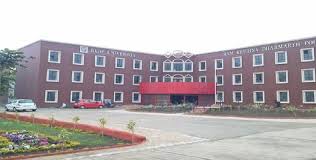

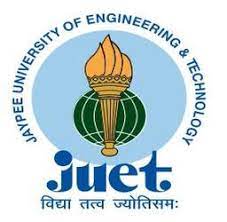
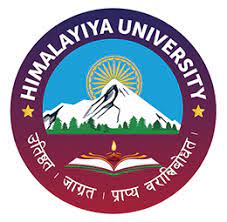


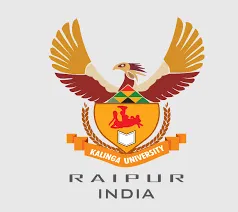

 back
back